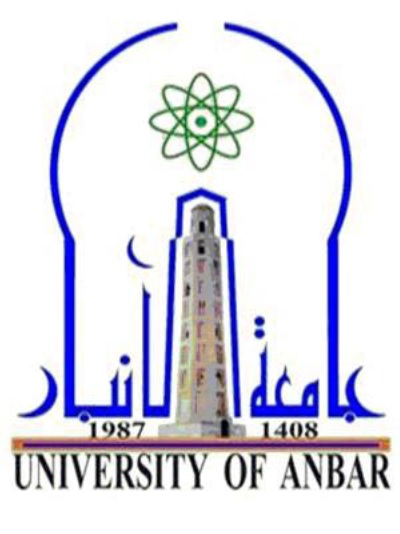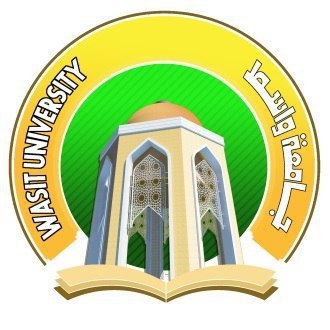Session Chairs:
- Dr Ahmed J. Aljaaf, University of Anbar, Ramadi, IRAQ.
Session Co-Chairs:
-
Dr Salah L. Zubaidi, University of Wasit, Kut, IRAQ.
-
Dr Mohammed Alloghani, Artificial Intelligence Office, Dubai, UAE.
Session Committee:
|


|
Synopsis
Undoubtedly, the latest development in data science and machine learning technology is the greatest profound shifts in the history of mankind. Intelligence is no longer exclusively human. Machines can now perform independently without the governance of people. The increasingly adopting of machine learning algorithms has influenced our daily lives. This influence also ads the field of biologically inspired computing which binds the fields of social-behaviour, neural networks, genetic algorithms and other complex algorithm to solve real-world problems. The fusion of machine learning and data science is a growing phenomenon in today’s world which affects virtually all fields of life: Science, education, business, engineering, medicine and more.
This special session aims to bring together the researchers in an outstanding international forum to sharing knowledge and highlight the importance of multidisciplinary approach in the light of intelligent data driven real-world applications.
Topics:
This special session invites authors to submit high-quality research papers on the topics which include (but are not limited to) the following:
-
- Machine Learning and Deep Learning.
- Data Science Trends & Challenges.
- Business Analytics & Decision Support.
- Image & Signal Processing.
- Big Data & Data-intensive Systems.
- Predictive Modelling & Visualisation.
- Feature Learning & Extraction.
- Computational Intelligence in health and medicine.
- Innovative intelligent applications in transportation, science and engineering.
- Next-Generation Enterprise Data Science and intelligence methods.



